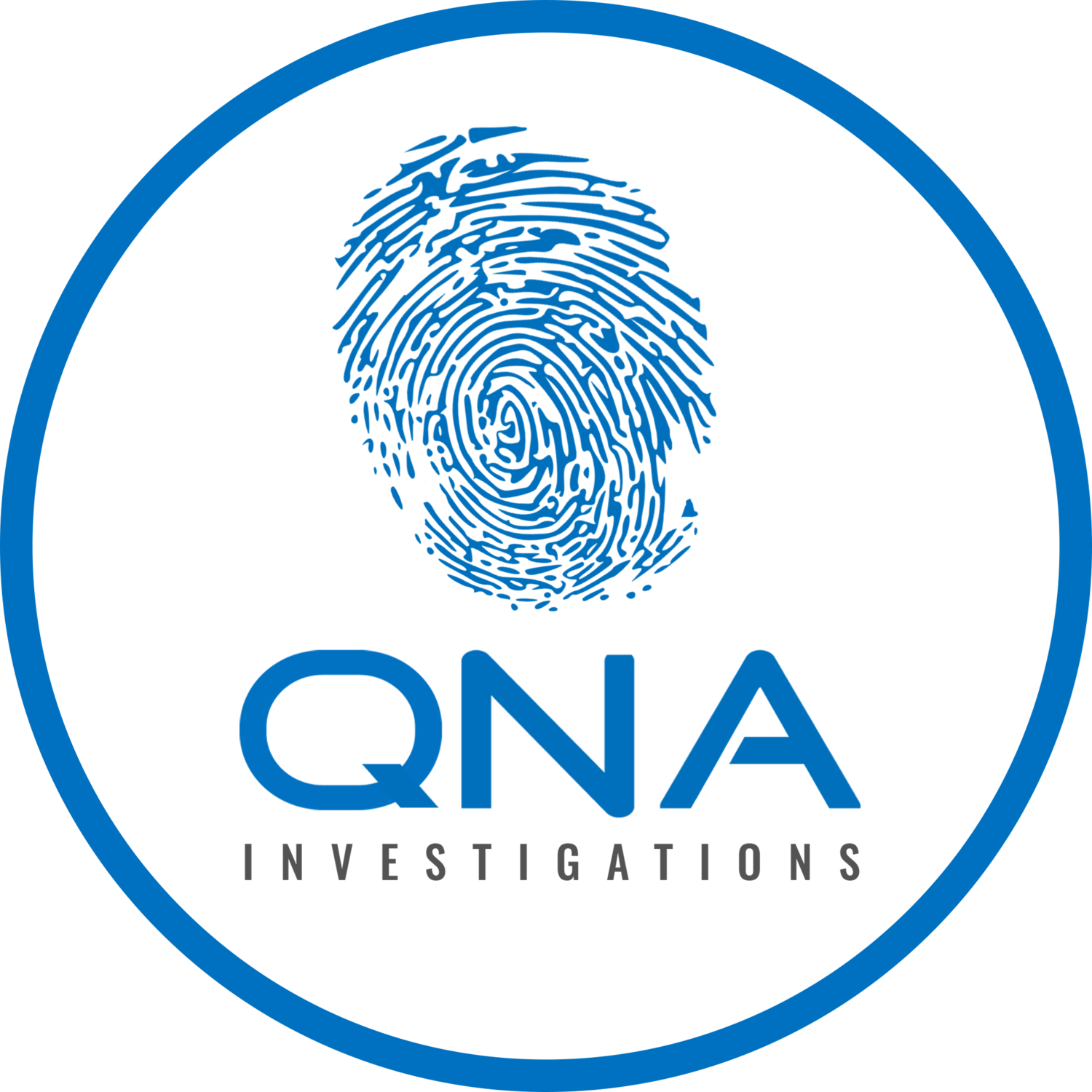THE FIRST STEP THAT CAN MAKE OR BREAK YOUR CASE: WHY INVESTIGATORS BELONG IN THE ROOM FROM DAY ONE
INTRODUCTION
The foundation of any strong legal matter lies in the quality of information gathered at the outset. Whether a case involves general disputes, preparation for mediation, or more complex litigation, the way instructions are taken can have a direct impact on the eventual outcome. For law firms, this early stage presents a crucial opportunity to strengthen case strategy - and bringing in an investigator can make all the difference.
A DIFFERENT PERSPECTIVE FROM THE START
Lawyers are skilled at identifying the legal issues. Investigators, however, approach matters from a fact-finding perspective. Their role is to test assumptions, uncover gaps, and highlight inconsistencies that may otherwise go unnoticed. This doesn’t replace the lawyer’s work - it complements it, ensuring that from the very beginning, the client’s story is assessed through both legal and investigative lenses.
This broader perspective is valuable in a variety of contexts:
Dispute resolution: Early fact-checking can de-escalate conflicts and prevent issues from escalating further.
Mediation preparation: Investigative insights can clarify the facts, expose weaknesses, and provide leverage in negotiations.
Litigation, family law, and commercial matters: A strong factual foundation reduces risks, saves costs, and strengthens the case as it progresses.
IDENTIFYING GAPS AND LEADS
When instructions are first taken, clients often provide information shaped by memory, stress, or their own perspective of events. Investigators are trained to:
Spot inconsistencies in timelines, documents, or accounts.
Recognise missing information that could later prove critical.
Identify potential leads, such as third parties to interview, digital records to secure, or financial trails to examine.
By addressing these issues early, law firms reduce the risk of surprises during mediation, court proceedings, or settlement negotiations.
CASE STUDY: EARLY INVOLVEMENT IN MEDIATION
A leading Sydney law firm recently engaged QNA Investigations at the instruction-taking stage of a commercial dispute heading to mediation. The client, distressed and uncertain, had discovered $1.8 million missing from his company and accused his business partner of taking the money.
During those initial instructions, our involvement proved critical. By carefully listening, clarifying, and asking targeted questions, we were able to identify gaps and inconsistencies in the client’s account - gaps that, if left unchecked, could have shaped the matter in the wrong direction.
Just as importantly, we identified weaknesses in the client’s own management practices. Poor internal controls and limited oversight had created opportunities for his business partner and, separately, his son to access company funds with ease. These vulnerabilities explained not only how the misappropriation occurred, but also why it continued for so long without being detected.
Once the concerns were clarified, we moved quickly to test them against the evidence. Our investigation revealed that over an 11-month period, the business partner had created fraudulent PDF invoices using the names of legitimate clients. Each invoice had been altered - the dates were changed, the reasons for payment fabricated, and the partner’s personal bank account details inserted. These invoices, totalling $1.6 million, were then submitted to the company’s accounts department and paid directly to him.
In addition, our enquiries revealed that the client’s son, who was aware of the dispute but not initially under suspicion, had misappropriated a further $200,000 for himself.
We reviewed all available financial records, compared them against legitimate client activity, examined internal company emails, and conducted a forensic analysis of the metadata contained in the subject invoices. Metadata - the hidden data embedded in digital files - confirmed the invoices had been tampered with after they were created.
Armed with this clear evidence, the law firm entered mediation with a strong, verifiable case. What had initially been positioned by the opposing party as a “business misunderstanding” was exposed as deliberate and sustained fraud. The result was a favourable $1.6M resolution for the client, achieved without the cost and delay of protracted litigation.
This case highlights how early investigative involvement - even at the instruction-taking stage - can change the trajectory of legal advice. By clarifying facts, exposing management weaknesses, and uncovering fraud from the very beginning, investigators ensure that lawyers proceed with stronger strategy, sharper focus, and the evidence they need to secure the best outcome.
STRENGTHENING CASE STRATEGY
Early collaboration between lawyers and investigators provides:
Efficiency: Clear objectives mean enquiries are targeted and cost-effective.
Clarity: Evidence is gathered in a way that directly supports the legal strategy.
Confidence: Lawyers and clients can proceed knowing potential weaknesses have been tested and addressed from the outset.
This is as important in mediation, where factual accuracy can shape negotiations, as it is in litigation, where evidence must withstand scrutiny.
A SMARTER WAY FORWARD
We’ve seen first-hand how early involvement benefits law firms and their clients - whether in dispute resolution, mediation, or more formal legal proceedings. By being present during the instruction-taking stage, we help ensure no detail is missed, no lead is overlooked, and no opportunity for stronger evidence is lost.
For law firms, the message is clear: bringing investigators in early is not just useful - it’s strategic. It sets matters on the right track from day one, giving clients the best chance of a successful resolution - in mediation, settlement, or the courtroom.
NEED CLARITY IN A COMPLEX MATTER
At QNA Investigations, we deliver facts, not assumptions - helping a wide range of clients uncover the truth with precision and integrity. If you’d like to know more, contact us by phone on +61 2 9212 5000 or via email at mail@qnainvestigations.com.au.
